Interview: Dir En Grey Guitarists Kaoru and Die Discuss Their New Album, 'Dum Spiro Spero'
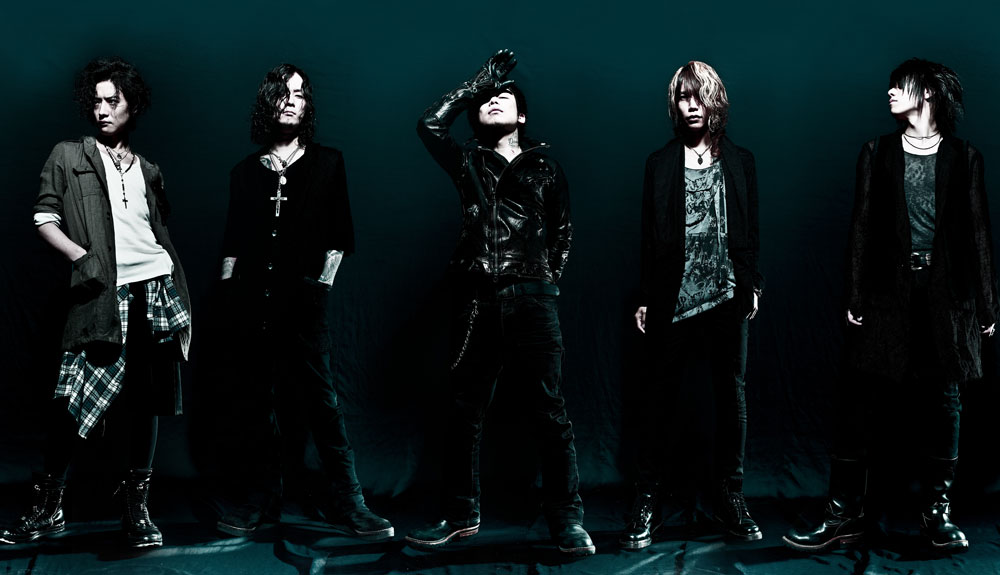
In the vast and dense world of Japanese metal, there is at least one consistent theme: experimentation.
The scene has brought us such unique acts as Boris and Sigh, whose inventive musical excursions are as satisfying as they are bizarre. While J-metal nearly always comes way out of left field, it rarely ever misses the mark for the adventurous listener.
Over the past 14 years, Dir En Grey have made some of the most interesting and skillful contributions to Japanese metal. Hailing from Osaka, the five-piece began its career as a visual-kei band (that’s Japanese glam rock, for those who aren’t familiar).
Since then, Dir En Grey have steadily evolved, settling into a heavier style while reinventing their sound on every album. With exquisite musicianship, dazzlingly acrobatic vocals from lead singer Kyo, and an endless reserve of creativity, Dir En Grey quickly rose to the top of the Japanese metal scene.
Dum Spiro Spero, the band’s eighth studio album, dropped on August 2 on The End Records. The album Dir En Grey’s most impressive to date, surging with intensity and emotion. To get the details on this extraordinary record, we talked to guitarists Kaoru and Die about the band’s latest stylistic direction.
GUITAR WORLD: You guys seem to reinvent yourselves on every album, and Dum Spiro Spero is no exception. What prompts these huge stylistic shifts?
Kaoru: We are always making music face to face with ourselves and each other. I believe that people are constantly evolving. I don’t know if that means our sound itself is evolving, but as long as we are alive I think it is normal for there to be change.
Get The Pick Newsletter
All the latest guitar news, interviews, lessons, reviews, deals and more, direct to your inbox!
Die: We are always trying to surpass what we were yesterday. The hurdle is constantly set higher, but as a musician if you stop that fight, then you will not be able to open the door to a different world.
Dum Spiro Spero seems to be a lot sludgier, doomier and dissonant than some of your previous work. There’s also a psychedelic element I haven’t heard in other Dir En Grey albums. What were some of your influences for this record?
Kaoru: I feel I was able to create more freely than ever before; a deep and intense expression of the elements that were in me to begin with.
Die: For us, to make a song that is stimulating, we create a song and then destroy it, recreate and then destroy again, and repeat this process many times so it takes a very long time to make each song.
The video for “Different Sense” is full of haunting, surreal imagery of monstrous tentacles, frightened masses and general chaos and disorder. What meaning were you trying to convey with this motif?
Kaoru: You were really paying attention! The themes being brought up are something that is particular to Japanese thought, being raped by a power that has remained constant from long ago.
Die: I want people to feel that there is true beauty inside the hideous.
One of the things that struck me about Dum Spiro Spero is how exquisitely crafted it is. Every note falls perfectly into place, every moment is essential and every band member knows exactly what he’s doing. Who was responsible for the songwriting on this record?
Kaoru: I take the helm on this when it comes to the recording, but I feel it is because we have already created the songs almost to perfection as a band in the pre-production before the recording begins.
The production of the album is no less impressive. Can you tell us a bit about that process?
Kaoru: We began making the album in earnest from last January. In the beginning we were trying out many things and progress was slow, but we recorded a few songs and then went back to writing. After we passed the mid-point of the process, I began to see something within myself and was able to reflect this within the songs even more.
Toward the end, "The Blossoming Beelzebub" and "Vanitas" were made and the final pieces fell into places. Right before that the earthquake hit, and my feelings toward the album changed. I felt, more than before, a need to enclose something within this creation.
Dum Spiro Spero features some pretty sick guitar tones, from sludgy, fuzzy rhythm work to searing, overdriven leads. What sort of gear did you use in recording?
Kaoru: Thanks! My guitars were ESP and DRAGONFLY 7 stings and 6 strings. My amp was Diezel and my cabinet was Genz Benz and Vht. For distortion I used AMT’s E-1. I used a lot of different equipment but for example on the arpeggio in the intro to "Amon," I used a small toy speaker for the recording.
Die: Depending on the feel of the song, I used many different kinds of guitars. For effector I used POG.
You guys have always had a flair for the dramatic, but Dum Spiro Spero is even more expressive than usual. There’s an intense sense of urgency throughout the album that’s unsettling and empowering. What are some of the themes in Dum Spiro Spero?
Kaoru: “Hope” found in the depths of despair.
In fact, the title Dum Spiro Spero translates to “While I breathe, I hope,” and I couldn’t help but think about the recent disasters Japan has faced. Is Dum Spiro Spero a direct response to these tragedies?
Kaoru: I will leave the interpretation up to the listeners; however; it is true that the creation of this album became our hope. And it is also true that Japan is living in a great sadness and anxiety for not being able to see what the future holds.
Is there a US tour on the horizon?
Kaoru: We will be touring this December. Our sense of the need to make the most of the moment is stronger than ever so we hope that people will sense this through our live performances.
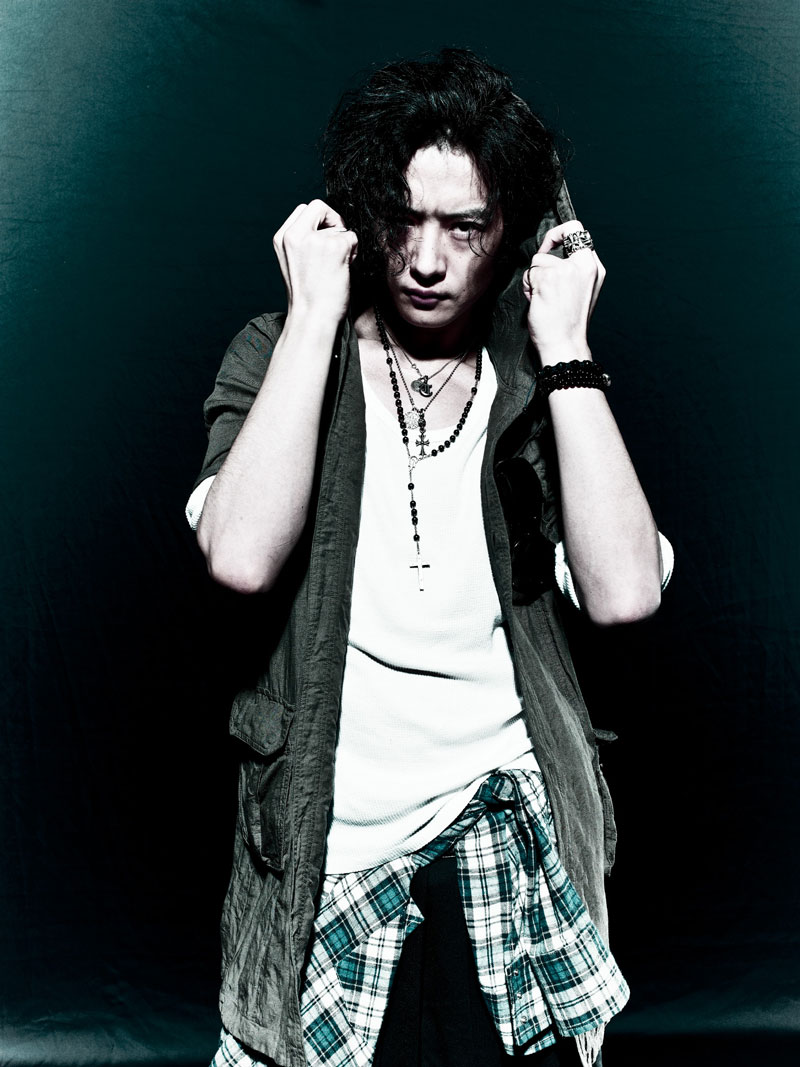
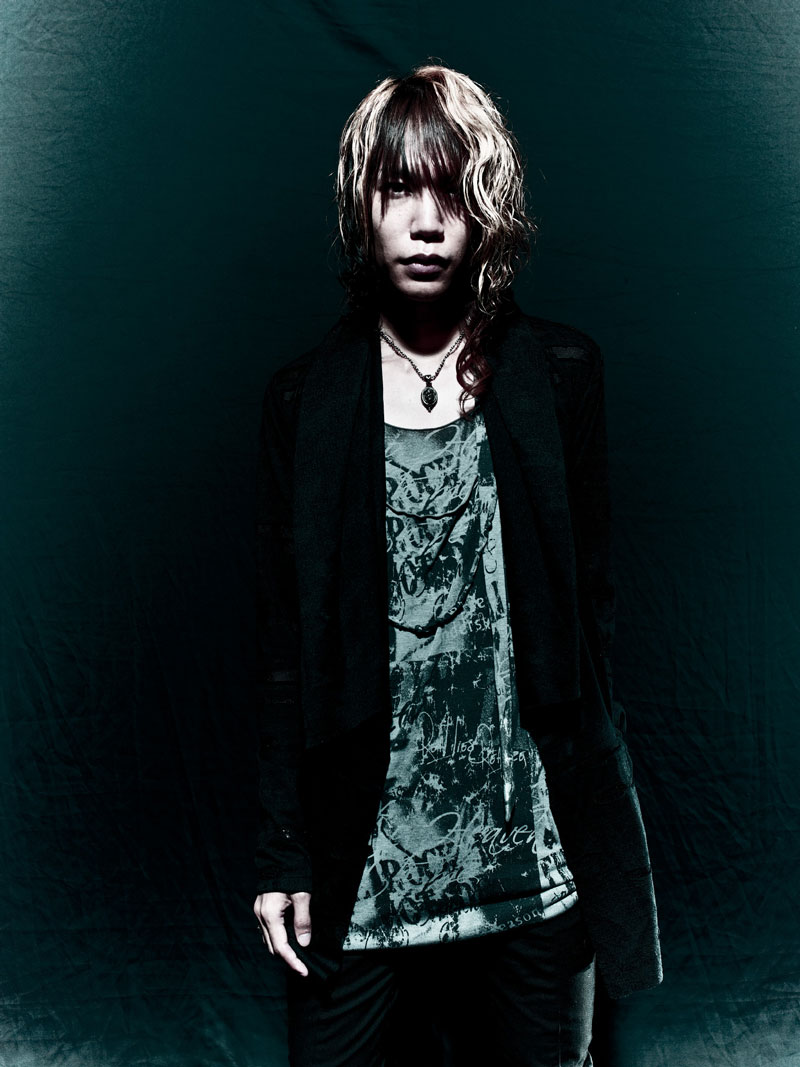
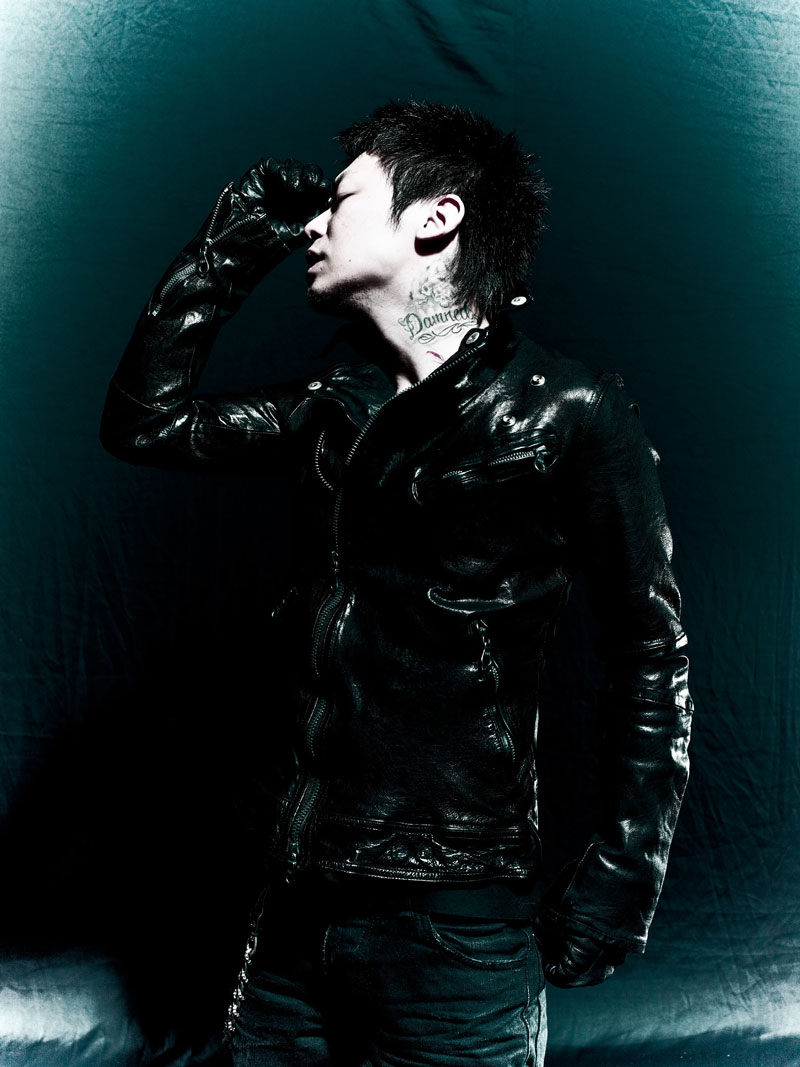
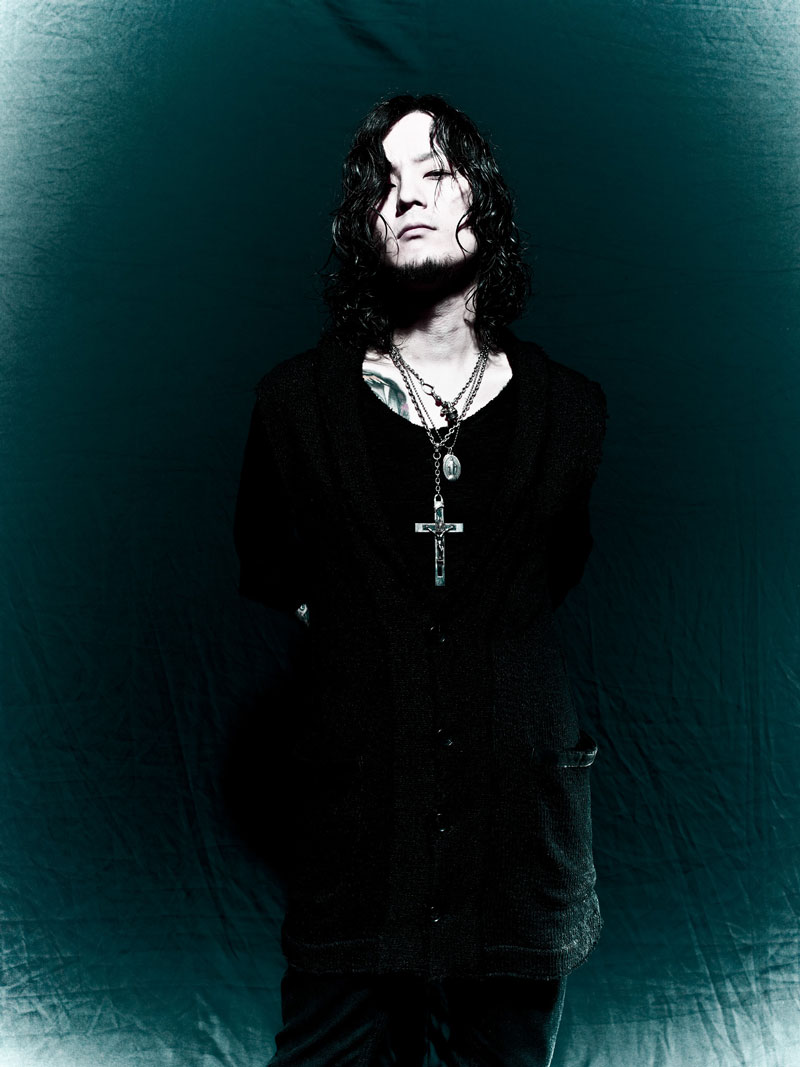
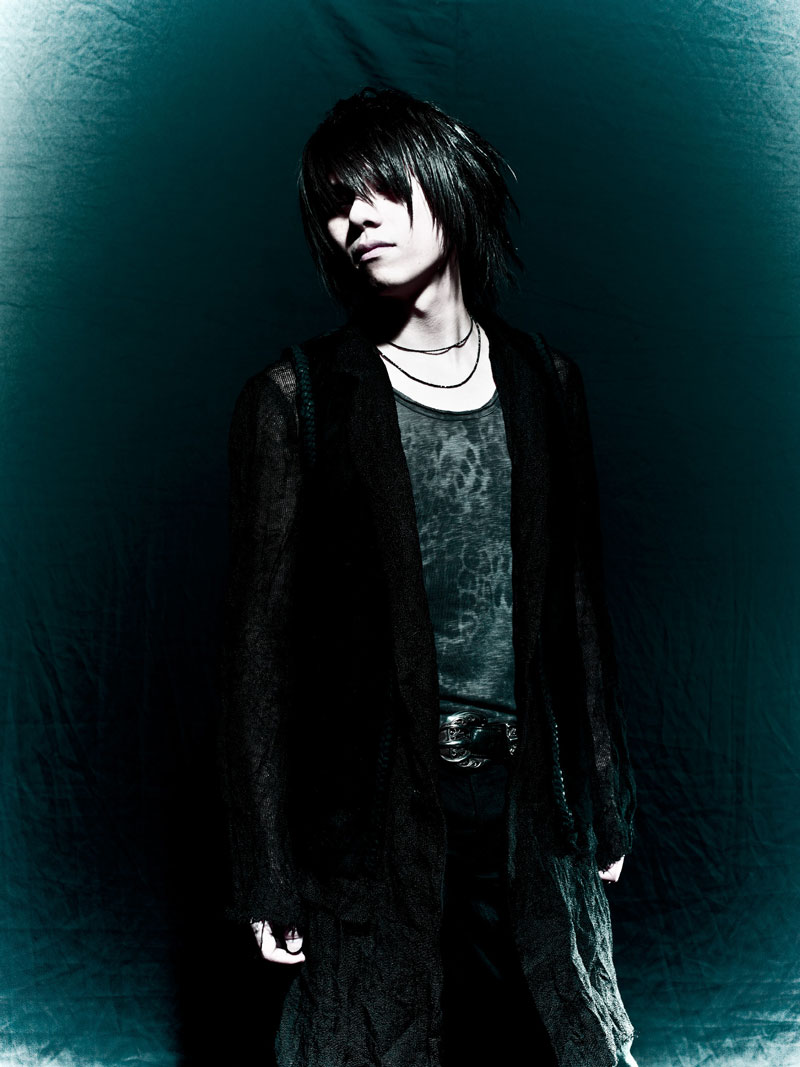
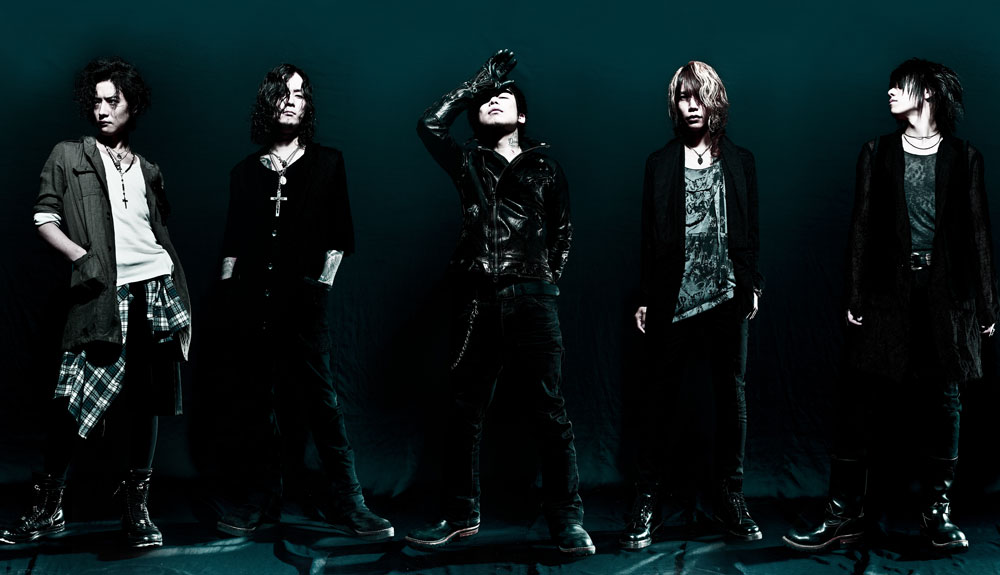
“Even the thought that Clapton might have seen a few seconds of my video feels surreal. But I’m truly honored”: Eric Clapton names Japanese neo-soul guitarist as one to watch
“You better be ready to prove it’s something you can do”: Giacomo Turra got exposed – but real guitar virtuosos are being wrongly accused of fakery, too










